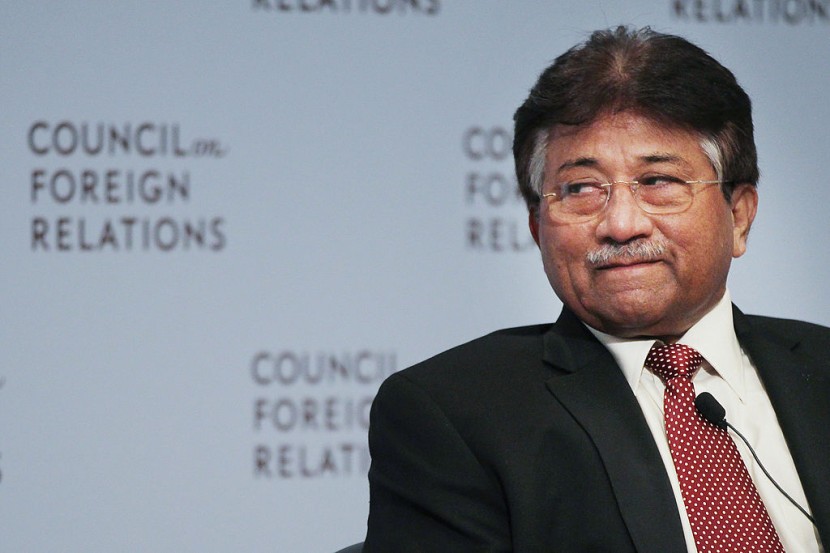
Former Pakistani President Pervez Musharraf died aged 79 in Dubai following years of exile as he battled a prolonged illness at Dubai American Hospital.
In a statement released by senior military officials, they expressed their "heartfelt condolences" on the "sad demise of General Pervez Musharraf." They continued, "May Allah bless the departed soul and give strength to the bereaved family."
Former Pakistani President Dies
Various tributes and condolences were sent in from Pakistani officials, and Prime Minister Shehbaz Sharif also expressed his condolences and sympathies to Musharraf's family on Sunday.
In a statement, Muhammad Sadiq Sanjrani, the chairman of Pakistan's Senate, said he was filled with deep sorrow and grief. On the other hand, the Tehreek-e-Insaf party, which former Prime Minister Imran Khan leads, expressed their prayers and condolences to the former president's family and loved ones.
Musharraf has been living in self-imposed exile in Dubai in the United Arab Emirates (UAE) since 2016. He first seized power from former Prime Minister Nawaz Sharif in 1999 during a military coup. He appointed himself president of the country in 2001 while remaining in control of the nation's army, as per CNN.
The former president then remained the country's president until 2008 and became a vital ally of the United States after the 9/11 terrorist attacks. He also tried to place himself as an indispensable figure in fighting Islamic extremism.
However, Musharraf's time in power was controversial as many accused him of widespread human rights abuses and oppression. In 2003, he was the target of two failed assassination attempts.
In November 2007, he declared a state of emergency, suspended the country's Constitution, replaced the chief judge, and blacked out independent TV outlets. Musharraf defended his actions by saying they were needed to stabilize the country and battle Islamist extremism in the region.
Read Also : Russia-Ukraine War Death Toll Update
Administration Marred by Controversies
The month after, opposition leader Benazir Bhutto was assassinated. Her death caused the national mood to sour even more, causing crushing losses suffered by Musharraf's allies in the 2008 elections that left him isolated in the political scene, according to the Manila Times.
The former Pakistani president's plan to seize power once more in 2013 was beaten to the ground when he was disqualified from running in an election that Sharif won. In 2016, after a travel ban was lifted, Musharraf traveled to Dubai to seek medical treatment for his condition.
After three years, he was sentenced to death in absentia for treason related to his 2007 decision to impose emergency rule. However, a Pakistani court later nullified that ruling in favor of the former president.
Despite the controversies surrounding the former Pakistani president, a former aide of Musharraf, Fawad Chaudhury, currently a senior leader of fKhan's party, praised his former boss and the influence that he has had on Pakistan.
In a statement, Chaudhury said that while Musharraf was called a military dictator, under his rule, there had never been a stronger democratic system in Pakistan. He added that the former president led the country during a tough time, said BBC.
Related Article: US Shoots Down Suspected Chinese Spy Balloon
© 2025 HNGN, All rights reserved. Do not reproduce without permission.








